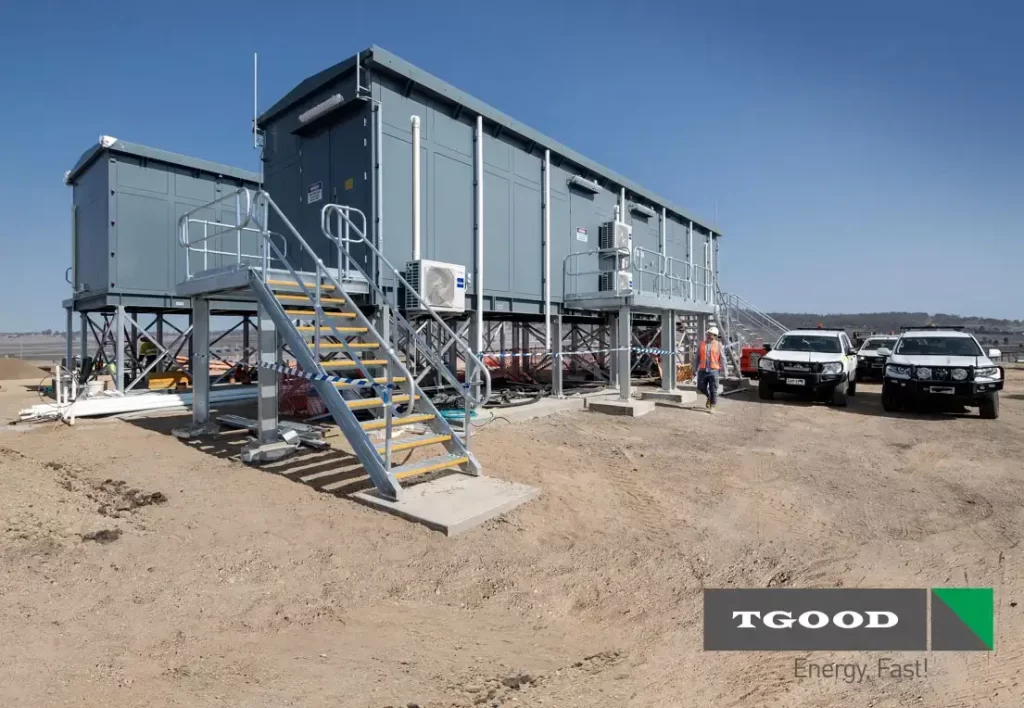
Short Lead Times
Factory assembly and pre-commissioning allow TGOOD to provide the fastest delivery and installation times in the substation industry. We measure lead times in weeks, not months.

High Degree of Flexibility
Driven by our strict solution focus, and being able to take full advantage of our modular design concept, we respond with the highest flexibility to client preferences.

Great Value for Money
As a vertically integrated solution provider, we are able to offer a high price-performance value that surpasses our customers’ expectations.







